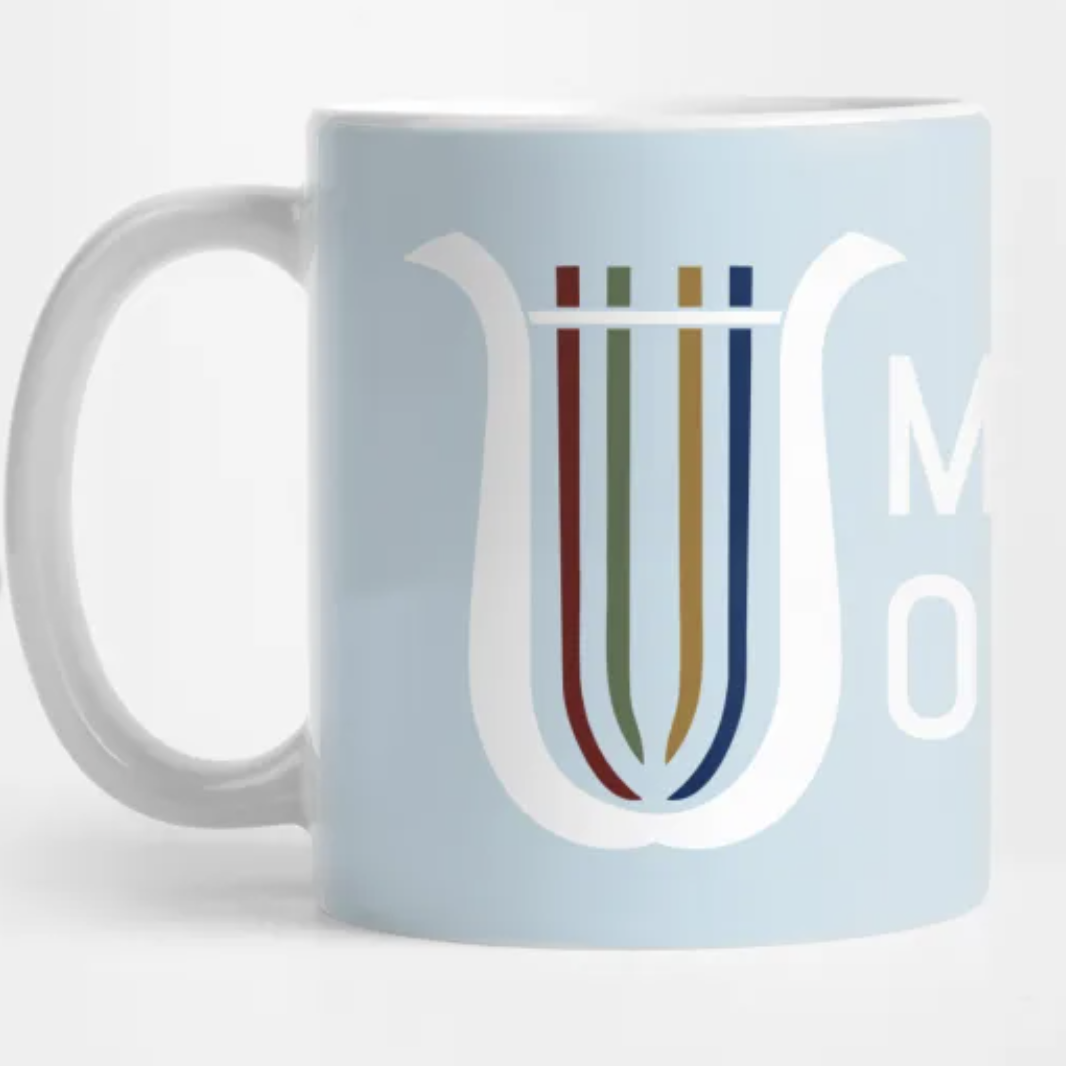MEASURES OF GRACE
Paramount Baptist Church, Building B Worship Center
THURSDAY 5/1 | 6:30 pm
FRIDAY 5/2 | 10:00 am* and 6:30 pm
SATURDAY 5/3 | 2:30 pm
*Performance for school and community groups - please complete this brief form.
SYNOPSIS
SYNOPSIS
What's this ballet about?
What's this ballet about?
Click any section below to read the storyline.
MOVEMENT I
Four women dance together. Each one has a song to sing - a testimony of God’s faithfulness and mighty work in their circumstances. Each life like a string on a harp - together composing a beautiful melody of praise.
MIRIAM’S SONG | EXODUS 14 - 15
The Israelites, fresh from Egypt and the terror of being followed by their oppressors, have just witnessed an incredible miracle as the hand of their God split the sea in two. Upon dry land, their feet carried them through the parted waters, and then they watch in awe as their enemies disappear in the churning depths. Free.
Moses, the deliverer and prophet of God, leads the people in a song of praise recounting the mighty deeds of God on their behalf. And Miriam, his sister, takes her tambourine and leads the Israelite women to sing and dance before the Lord, a chorus of gratitude and jubilation recognizing the gracious gift of freedom they have received.
DEBORAH’S SONG | JUDGES 4 - 5
Generations later, the Israelites are governed by a series of Judges, leaders who are raised up in difficult times and used by God to deliver his people from regional enemies. Deborah, the only known female Judge of Israel, sits beneath a palm tree named for her and settles the disputes and legal matters of the people - an argument over land, a question of livestock, a disagreement between brothers, a betrothal arranged. She summons Barak, a general in the Israelite army, to communicate the command of the Lord to go to battle against Sisera and his army. He implores her to join him, and she agrees. She informs him that he will not receive the glory for this victory, for the “Lord will sell Sisera into the hand of a woman.”
In the battle, the Israelite army is out numbered. Sisera’s army has 900 chariots of iron, and presumably many more men than Barak’s 10,000. But the victory is the Lord’s, and Sisera’s army is destroyed. Sisera leaps out of his chariot and flees the battle on foot, running to the tent of Jael, wife of Heber the Kenite, an ally of his nation. Jael meets him, and entreats him to come in where she hides him. He asks for water, and she opens a skin of milk for him to drink. He asks her to stand guard and deter anyone who comes by. But as he sleeps exhausted from the battle, she drives a tent peg into his temple, killing him. The word of the Lord is fulfilled, as Sisera is defeated by a woman.
Deborah and Barak celebrate, retelling the battle in song. In a detailed ballad of victory and exultation, they joyously give glory to the Lord, acknowledging His power over all nature and men.
HANNAH’S SONG | 1 SAMUEL 1 - 2
A man named Elkanah had two wives — Peninnah had children, but Hannah had no children. Each year, Elkanah would go to Shiloh to worship the Lord and make sacrifices, and there Peninnah would mock Hannah and was cruel to her, because of her barrenness. In her grief, Hannah wept and would not eat. One year on this pilgrimage, Hannah was deeply distressed, praying to the Lord and weeping bitterly. She made a vow before the Lord, asking him to bless her with a son, and promising to devote him to the Lord all the days of his life. Her murmuring and tears were mistaken by Eli the priest as drunkenness. But she corrected him, explaining her sorrow and plea. Eli responds, “Go in peace, and the God of Israel grant your petition that you have made to him.” In time, Hannah does conceive and has a son, calling his name Samuel. After a few years, she takes him to Shiloh to the priest, Eli. She reminds him of her tearful petition, and keeps her vow. Hannah’s humble song of prayer blesses the Lord for His goodness to her. The child Samuel is raised in the temple with Eli the priest, and becomes a great prophet of God, eventually anointing both Israel’s first king, Saul, and later, King David.
MARY’S SONG | LUKE 1
Mary, a young girl betrothed to a carpenter named Joseph, was visited by the angel of the Lord who told her she would conceive and bear a child - the Son of God, the Messiah. His name would be Jesus, for he would save the people from their sins. Mary was a virgin, and questioned how this could possibly be. But the angel reminded her that nothing is impossible for God, so she submitted herself to the plans foretold to her, trusting by faith what her eyes could not see. She then visited her relative Elizabeth, who too was blessed with a pregnancy that seemed impossible, for she was beyond the age for conceiving. Upon Mary’s approach, the child in Elizabeth’s womb leapt in recognition of the Christ in Mary’s. Mary responds with an overflow of melodic praise, singing her Magnificat, humbly accepting her ordained place in the plans of a Sovereign and Holy God.
DOXOLOGY
We see the four women dance together once more, as their songs of praise are directed to God — a song of freedom, a song of victory, a song of gratitude, and a song of humble submission.
MOVEMENT II
Many years have passed since the last song we heard in Movement I. Mary’s baby has grown up, transforming the world with His upside down way of living in service to others, claiming oneness with God and performing miracles, and ultimately, giving His life in a gruesome death on a cross. His followers claimed He rose from the dead three days later, and their message spread far and wide - trust in this man, the Son of God, the Messiah, and have eternal life. They devote their lives to sharing this news, and many of them lose their lives because of it.
In Movement II, we meet one such follower, the apostle John - now an old man and exiled for his relentless insistence on sharing the gospel of Jesus. He remembers his friend’s life and ministry, and recounts to us his sacrifice and resurrection. In prayer, he suddenly sees this vision:
ETERNITY'S SONG | Revelation 4-5
A heavenly scene unfolds, with 24 elders and mysterious winged creatures all oriented around a throne of light and brilliance. The elders sit on golden thrones, but the majesty of the One seated on the central throne is clear - all glory and praise belongs to Him. The four Living Creatures mirror the recorded visionary imagery found in the writings of the prophet Ezekiel - a man, an ox, a lion, and an eagle - strange and awesome to behold. They fly with six wings and declare of the One seated on the throne - “Holy, Holy, Holy is the Lord God Almighty! Who was, and is, and is to come!” Their praise is constant, and whenever the Living Creatures give glory to God, the elders fall down before the throne. John enters this ethereal vision in a sense of wonder and worship.
There is a scroll “in the right hand” of the One on the throne. John directs our attention to this scroll, which is sealed with 7 seals. He wonders what it could mean, and a mighty angel asks - “Who is worthy to open this scroll and break its seals?” Explaining to John that no one can be found in heaven, on earth, or under the earth to open the scroll, the angel paints a picture for us of why — “for all have sinned and fall short of the glory of God.” (Romans 3:23) Just as Eve first believed the lie of the serpent in the garden of Eden and disobeyed God’s command, so also all of mankind since has been caught in a vicious dance of violence, oppression, and greed. Enslaved to our sin. Desperately in need of a rescue, and certainly unworthy, and unable, to cause it. And not only this, but no one else, in heaven or under the earth, has been able to overcome the grip that death holds on all of us as a result.
John weeps at this reality - the scroll cannot be opened. No one is worthy. But then, one of the elders tells him - “Weep no more; behold, the Lion of the tribe of Judah, the Root of David, has conquered, so that he can open the scroll and its seven seals.” And suddenly there appears one like a Lamb who has been slain. This Lamb approaches and takes the scroll, declaring that He came to lift up the broken, and He died and was raised to defeat death once and for all. Because of this, He is Worthy.
And all the creatures and elders sing a new song to the Lamb! “Worthy are you to take the scroll and to open its seals, for you were slain, and by your blood you ransomed people for God from every tribe and language and people and nation, and you have made them a kingdom and priests to our God, and they shall reign on the earth.” We see representatives of this “people for God” as they declare their redeemed state - saved, by the blood of the Lamb. Joining in the resounding chorus are myriad angels, worshiping the Lamb. Finally, all of the created order - every creature “in heaven and on earth and under the earth and in the sea” - add their voices to praise the One who sits on the throne and the Lamb - all blessing and glory and honor and power. The Living Creatures say “Amen!” and the elders fall down in worship. A holy, eternal, perfect song of praise, wholly offered to the only one who is worthy.
FROM THE DANCERS
FROM THE DANCERS
In Their Words
In Their Words
MEASURES OF GRACE MERCH
Shirts, mugs, and more featuring the Measures of Grace logo are available on our TeePublic page! Use the filter options to see specific products. All purchases earn a small commission to support Doxa Dance Ministry.
SUPPORT DOXA.
Doxa relies on the generosity of individuals who believe in our mission to equip dancers to use their God-given talents to worship God and share the Gospel of Jesus Christ, so that His name will be glorified. No matter the amount, each gift helps fund the ministry and ensures students have a nurturing space in which to grow for years to come.



